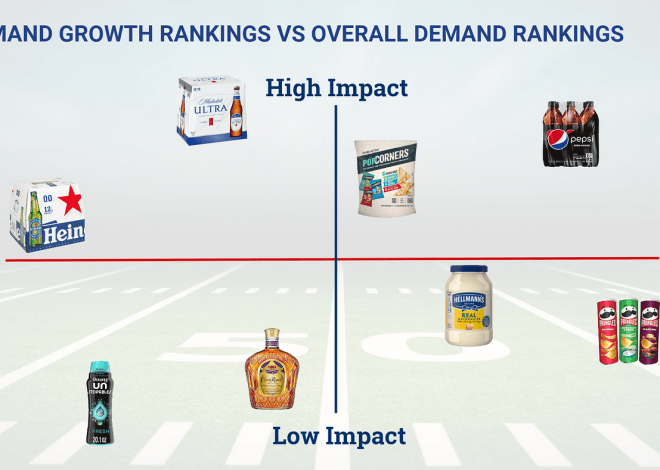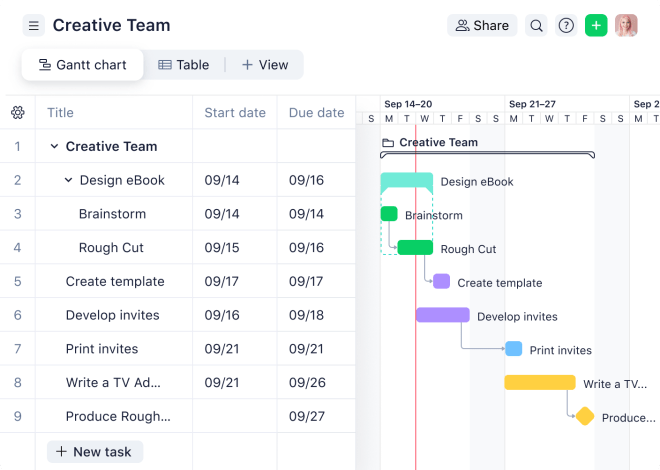Best Apps for Small Businesses
Running a small business is challenging. Juggling finances, marketing, customer service, and operations can feel overwhelming. Fortunately, a plethora of apps exist to simplify these tasks and boost efficiency. Choosing the right apps, however, requires careful consideration of your specific needs and budget. This comprehensive guide will explore some of the best apps available, categorized for easier navigation.
Communication and Collaboration
Effective communication is the cornerstone of any successful business. These apps facilitate seamless internal and external communication, fostering a more productive and collaborative environment.
Slack: For Streamlined Team Communication
Slack has revolutionized workplace communication. Its intuitive interface allows for instant messaging, file sharing, and channel organization. Teams can easily collaborate on projects, share updates, and stay connected, regardless of location. Its robust integration with other business tools further enhances its utility.
Zoom: For Virtual Meetings and Webinars
Zoom is a leading video conferencing platform that has become indispensable for remote teams and businesses. Its ease of use and reliable performance make it ideal for conducting virtual meetings, webinars, and online training sessions. The ability to record meetings is a valuable feature for later review and sharing.
Google Workspace: For Comprehensive Collaboration
Google Workspace (formerly G Suite) offers a suite of collaborative tools including Gmail, Google Docs, Sheets, and Slides. These apps allow for real-time co-editing of documents, spreadsheets, and presentations, fostering seamless collaboration among team members. Its cloud-based nature ensures accessibility from anywhere with an internet connection.
Finance and Accounting
Managing finances efficiently is crucial for the financial health of any small business. These apps offer streamlined solutions for tracking expenses, managing invoices, and monitoring cash flow.
Xero: For Robust Accounting and Invoicing
Xero is a cloud-based accounting software designed for small and medium-sized businesses. It offers a comprehensive suite of features including invoicing, expense tracking, bank reconciliation, and financial reporting. Its intuitive interface and mobile accessibility make it a popular choice for entrepreneurs.
QuickBooks Online: For Simplified Accounting
QuickBooks Online is another popular cloud-based accounting software known for its user-friendly interface and comprehensive features. It offers tools for managing invoices, tracking expenses, generating financial reports, and managing payroll. Its integration with other business apps further enhances its functionality.
FreshBooks: For Easy Invoicing and Time Tracking
FreshBooks is particularly strong in its invoicing capabilities. It allows for easy creation and sending of professional invoices, tracking payments, and managing client information. Its time tracking feature is also helpful for businesses that bill clients by the hour.
Marketing and Sales
Effective marketing and sales strategies are essential for growth. These apps empower small businesses to reach their target audience and drive sales.
Mailchimp: For Email Marketing Campaigns
Mailchimp is a widely used email marketing platform that allows businesses to create and send targeted email campaigns. Its user-friendly interface and robust automation features make it a powerful tool for nurturing leads and driving sales. Its analytics dashboards provide valuable insights into campaign performance.
HubSpot: For Inbound Marketing and Sales
HubSpot offers a comprehensive suite of marketing and sales tools, including CRM, email marketing, social media management, and landing page creation. Its focus on inbound marketing helps businesses attract and engage potential customers through valuable content and personalized experiences.
Hootsuite: For Social Media Management
Hootsuite simplifies the management of multiple social media accounts. Businesses can schedule posts, monitor mentions, and engage with followers from a single dashboard. This helps maintain a consistent brand presence across various platforms.
Customer Relationship Management (CRM)
Maintaining strong customer relationships is critical for long-term success. These apps help businesses manage customer interactions, track leads, and improve customer satisfaction.
Salesforce: For Comprehensive CRM Solutions
Salesforce is a leading CRM platform offering a wide range of features for managing customer interactions, sales processes, and marketing campaigns. Its scalability and customization options make it suitable for businesses of all sizes. Its robust reporting and analytics capabilities provide valuable insights into customer behavior and sales performance.
HubSpot CRM: For a Free and User-Friendly Option
HubSpot offers a free CRM option that’s surprisingly powerful. It’s a great choice for smaller businesses starting out or those on a tight budget. It provides core CRM functionalities like contact management, deal tracking, and email integration.
Zoho CRM: For a Comprehensive and Affordable Alternative
Zoho CRM is a strong competitor to Salesforce, offering a comprehensive suite of CRM features at a more affordable price point. It provides tools for managing contacts, tracking deals, automating workflows, and generating reports. Its user-friendly interface and strong mobile app make it a popular choice among small businesses.
Project Management
Efficient project management is crucial for staying on track and delivering results on time and within budget. These apps help businesses organize tasks, track progress, and collaborate effectively.
Asana: For Collaborative Task Management
Asana is a popular project management tool that allows teams to collaborate on projects, assign tasks, track progress, and communicate effectively. Its intuitive interface and robust features make it suitable for teams of all sizes.
Trello: For Kanban-Style Project Management
Trello uses a Kanban-style board to visualize projects and tasks. Its simple drag-and-drop interface makes it easy to manage workflows and track progress. It’s a great option for teams that prefer a visual approach to project management.
Monday.com: For Customizable Workflows
Monday.com offers highly customizable workflows, allowing businesses to tailor the platform to their specific needs. Its intuitive interface and diverse range of features make it a powerful tool for managing projects of all complexities.
E-commerce
For businesses selling products online, these e-commerce platforms provide the tools to build and manage online stores.
Shopify: For Building and Managing Online Stores
Shopify is a leading e-commerce platform that allows businesses to easily create and manage online stores. It offers a wide range of features including payment processing, shipping management, and marketing tools. Its user-friendly interface and extensive app store make it a popular choice for entrepreneurs.
Squarespace: For Visually Appealing Online Stores
Squarespace is known for its beautiful templates and user-friendly interface. It’s a great option for businesses that prioritize aesthetics and ease of use. While it offers fewer features than Shopify, it’s a solid choice for businesses with simpler e-commerce needs.
WooCommerce: For WordPress-Based Online Stores
WooCommerce is a popular e-commerce plugin for WordPress. It’s a powerful and flexible option for businesses that already use WordPress for their website. Its extensive customization options allow for building highly tailored online stores.
- Remember to consider your budget when choosing apps. Many offer free plans or free trials.
- Start with one or two apps that address your most pressing needs, then gradually add more as your business grows.
Choosing the right apps can significantly enhance productivity and streamline operations for your small business. By carefully considering your specific needs and exploring the options available, you can create a powerful tech stack that supports your growth and success. The key is to start small, test different options, and adapt your strategy as your business evolves. This allows for a flexible and efficient approach to managing your technology, ensuring that your tools remain relevant and effective in supporting your business goals. Remember that technological advancements are constantly occurring, so staying informed about new apps and features will be key to maintaining a competitive edge. Invest time in learning how to use these tools effectively, and you’ll see a significant return on your investment in terms of efficiency and profitability.
Meta Description: Discover the best apps for small businesses to streamline operations and boost productivity. Find the perfect tools for your needs.



